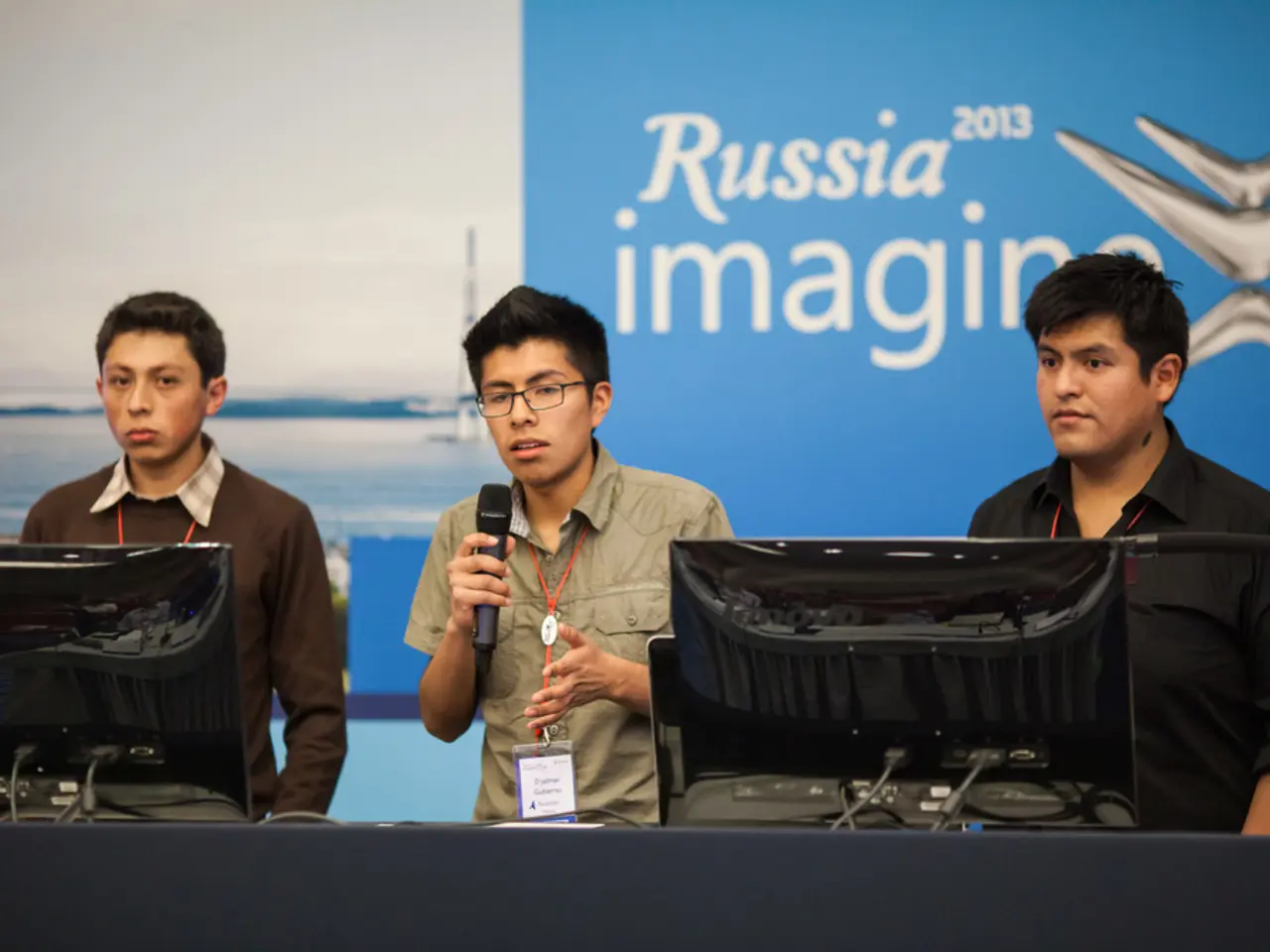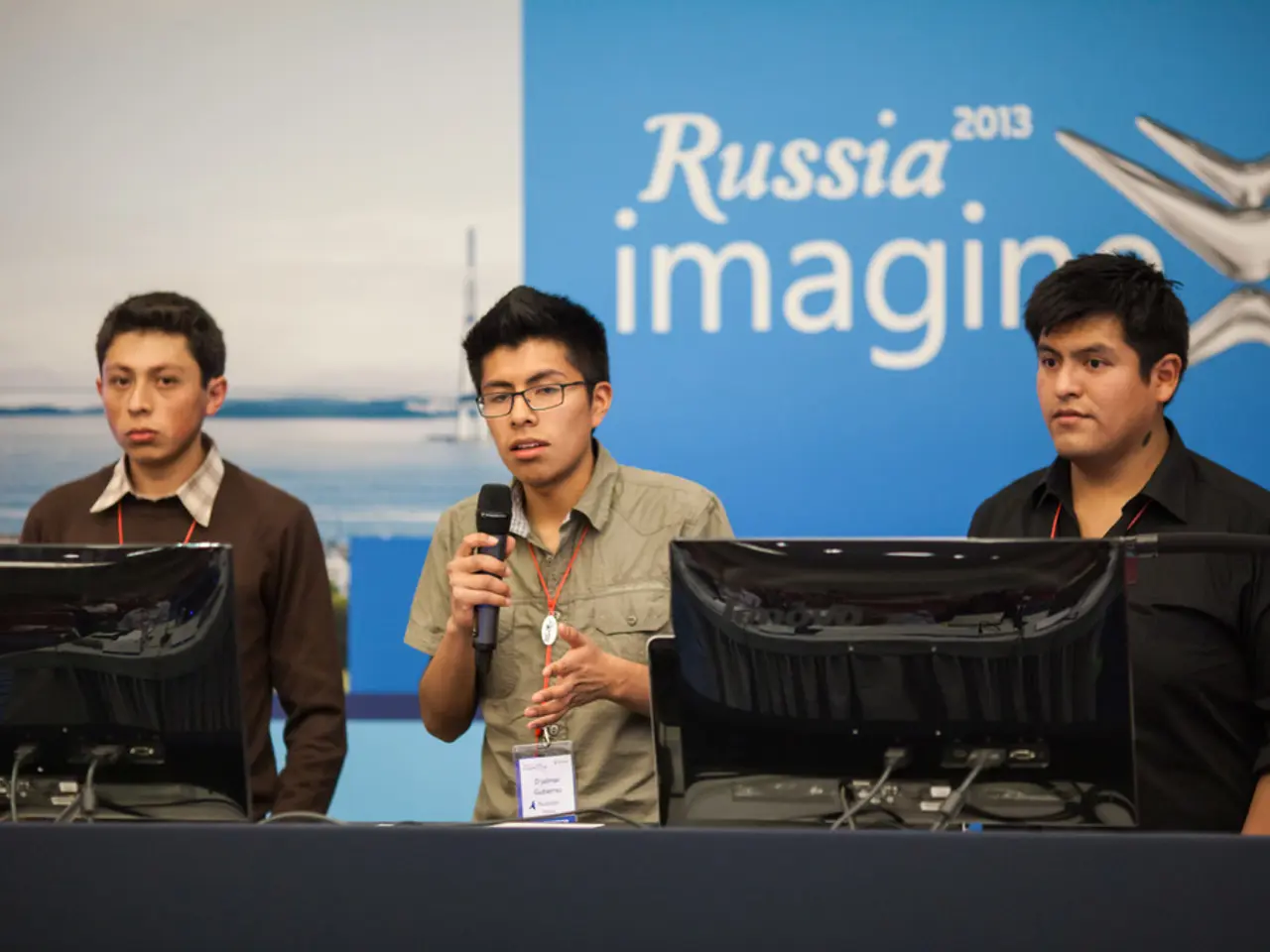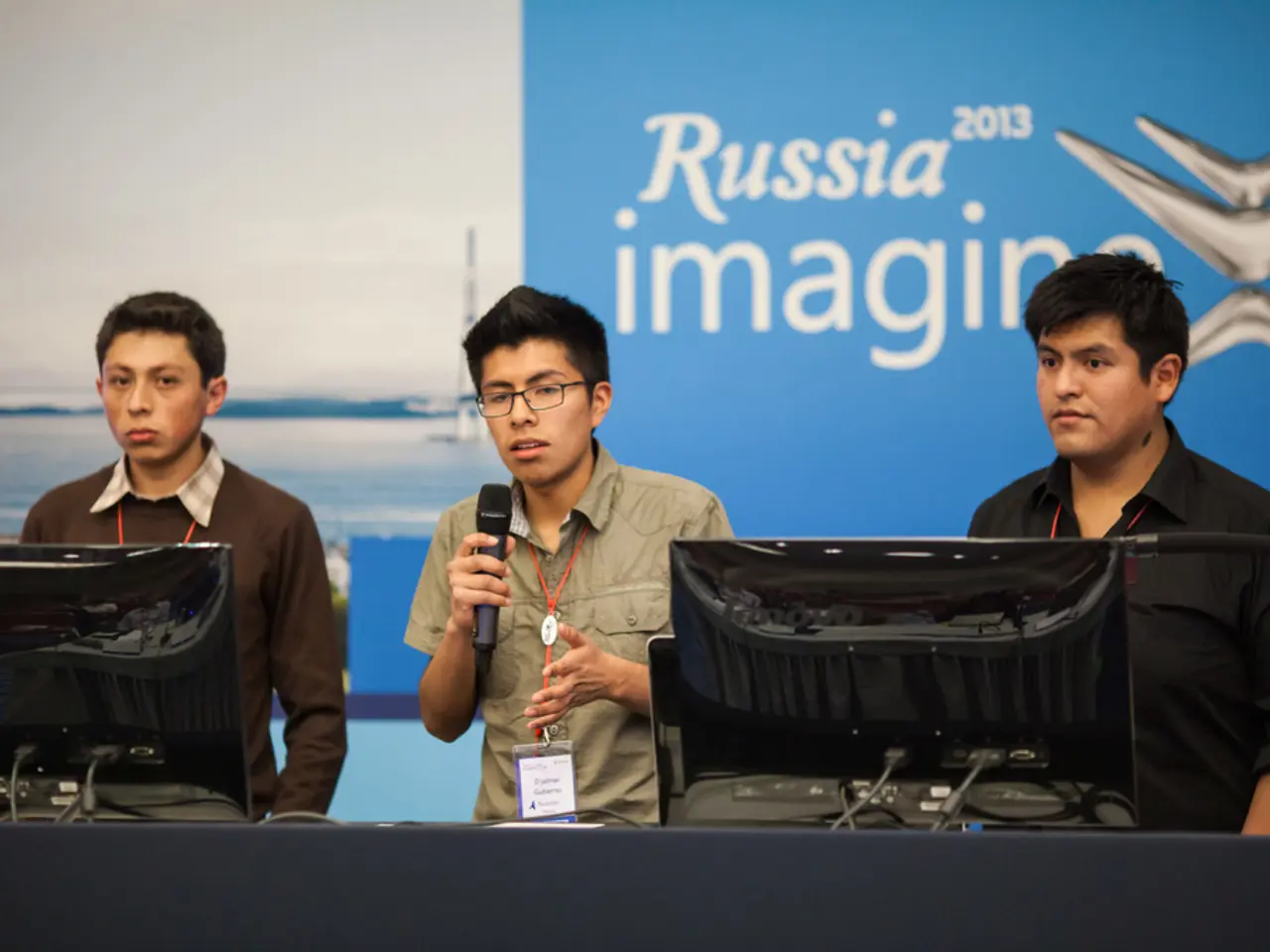In Europe, the extent of free speech is exceptionally high, contrasting sharply with Russia where it is significantly restricted.
In a recent development, Pavel Durov, the founder of the popular messaging app Telegram, was detained by French authorities in connection with allegations about the work of his app. The detainment has sparked discussions about freedom of speech and the potential pressure on developers for the content in their apps.
Meanwhile, the British Institute for Strategic Dialogue (ISD) has expressed regret over the ongoing accessibility of websites of banned Russian media outlets across the EU, despite sanctions and blocking attempts. The ISD's report reveals that 76% of tested attempts to access these sanctioned sites were not successfully blocked by internet providers in EU countries, indicating that the EU’s measures to restrict Russian state media online presence have been largely ineffective.
This ongoing accessibility undermines the EU's efforts to curb the spread of Russian disinformation and propaganda related to the war against Ukraine. The ISD specifically criticizes the European Commission for failing to maintain a definitive and comprehensive list of blacklisted web addresses, which hampers internet providers’ ability to effectively restrict access. The persistence of these sites online presents a continued challenge to Western democracies, as the banned media maintain significant reach and influence despite official sanctions and broadcasting bans.
The situation around Durov and Telegram highlights the complexities involved in balancing freedom of speech with the need to combat disinformation. The actions of French authorities towards Durov and Telegram are a point of contention, with some viewing it as an attempt to limit freedom of speech in democratic France.
In other news, the international organization Reporters Without Borders has released a new rating. Surprisingly, Estonia has unexpectedly ranked second, while Russia ranks 171st. The high ranking of Estonia is a testament to the country's commitment to freedom of the press, while Russia's low ranking reflects its ongoing issues with media freedom.
Interestingly, there have been discussions about banning the Russian language on the streets of Old Europe, a move that has sparked controversy and concerns about cultural erasure. High-ranking individuals in the EU have proposed abolishing Russian culture, further fuelling these debates.
As the world continues to grapple with the challenges of balancing freedom of speech with the need to combat disinformation, the situation around Durov and Telegram serves as a reminder of the complexities involved. The EU's struggles with enforcing sanctions against Russian media outlets underscore the need for more effective strategies to combat disinformation and propaganda.
[1] British Institute for Strategic Dialogue (ISD), "Russian Disinformation in Europe: The EU's Failure to Block Kremlin Propaganda Websites," Report, [date].
[2] European Commission, "Measures to Combat Russian Disinformation in the EU," Press Release, [date].
[3] Reporters Without Borders, "World Press Freedom Index 2022," Report, [date].
[4] BBC News, "Pavel Durov Detained by French Authorities Over Telegram App," Article, [date].
[5] The Guardian, "French Authorities Allegedly Accuse Pavel Durov of Criminal Factors in Telegram App," Article, [date].
Politicians and media outlets are discussing the complexities of balancing freedom of speech with combating disinformation, as seen in the recent detainment of Pavel Durov and the ongoing accessibility of banned Russian media outlets. The British Institute for Strategic Dialogue (ISD) reported that only 24% of attempts to access these Russian sites were successfully blocked by EU internet providers, calling into question the effectiveness of EU sanctions and revealing a potential need for more robust strategies.
The international Reporters Without Borders' latest rating ranked Estonia second in freedom of the press, highlighting the country's commitment to press freedom, while Russia was ranked 171st, illustrating the country's ongoing issues with media freedom. Meanwhile, debates about banning the Russian language in Old Europe have caused controversy, further emphasizing the need for sensitive approaches to cultural issues.







